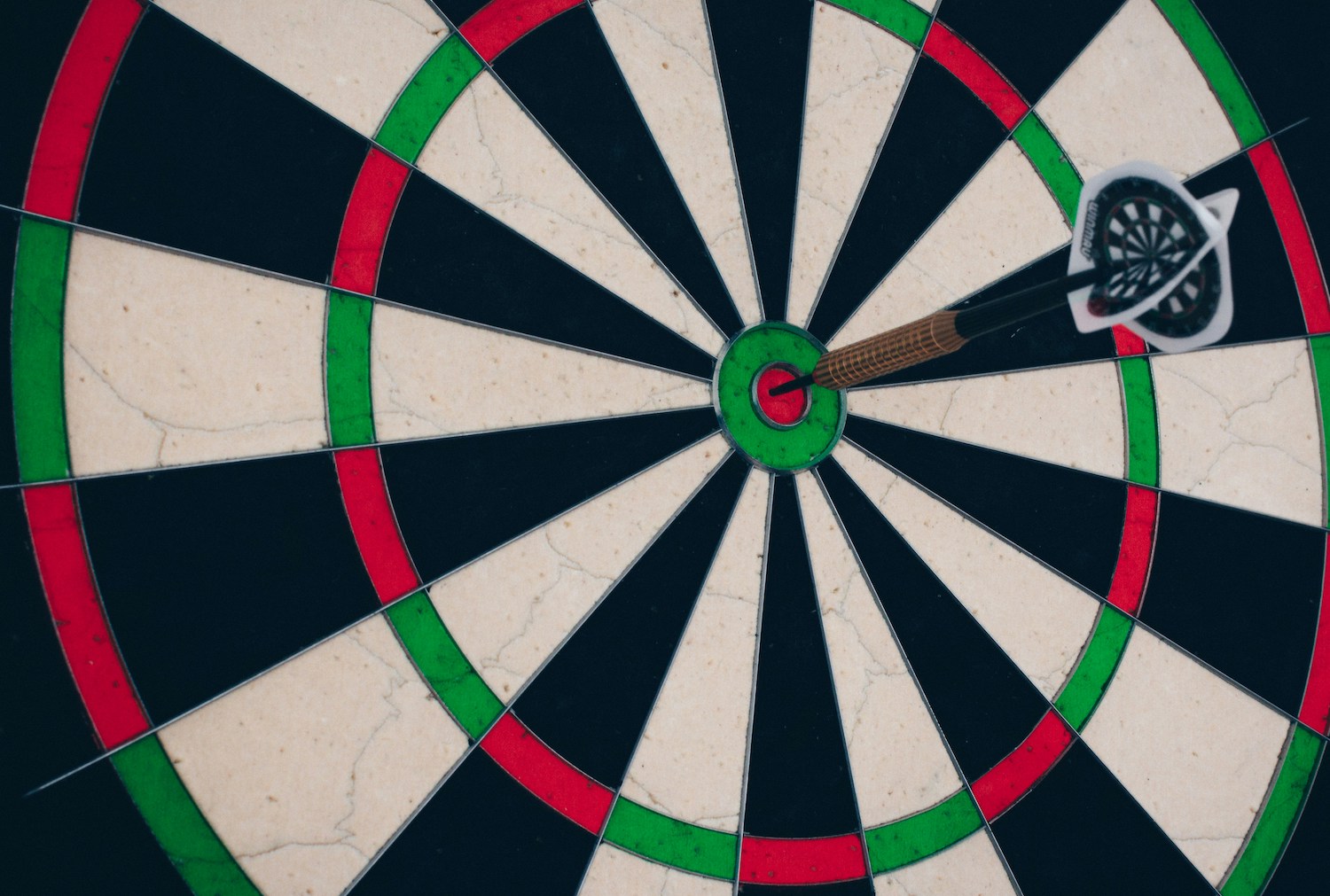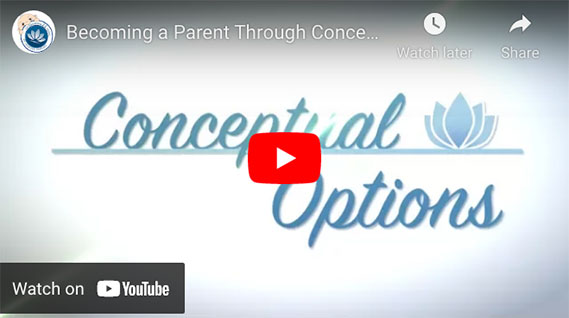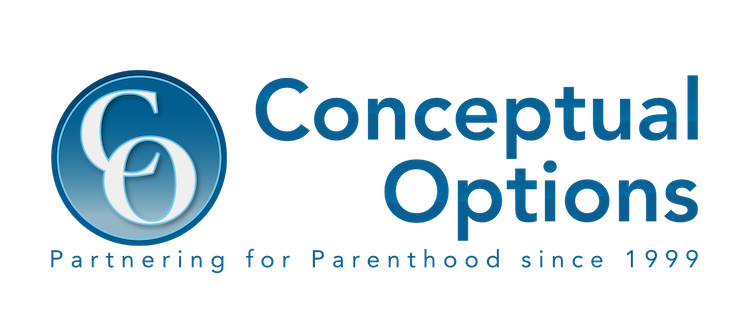5 Things to Consider when Seeking an Egg Donor
Finding an egg donor can be a major step in your fertility journey, and it is natural to have concerns and questions about the process. If you are already working with a fertility counselor, a medical professional, or an agency, reach out to them to discuss your options regarding donor eggs. You may have some questions and information you may want to consider while looking through your options.
5 Things to Consider when Seeking an Egg Donor
Finding an egg donor can be a major step in your fertility journey, and it is natural to have concerns and questions about the process. If you are already working with a fertility counselor, a medical professional, or an agency, reach out to them to discuss your options regarding donor eggs. You may have some questions and information you may want to consider while looking through your options.


Are Donor Eggs Successful?
Couples and individuals researching their fertility options may not initially consider egg donation as a viable option, but using an egg donor drastically increases the chances of In Vitro Fertilization (IVF), creating a viable pregnancy. In fact, when you look at the numbers, it is staggering; 11% of IVF procedures in America currently use egg donors, and IVF with a donor egg shows a 52% success rate nationally – that means about 1 out of every 2 attempts will be successful. Even women who have frozen their own eggs may want to consider using an egg donor. Women who can use fresh donors rather than frozen eggs or embryos have a 46% chance of successful pregnancy.
Are Donor Eggs Successful?
Couples and individuals researching their fertility options may not initially consider egg donation as a viable option, but using an egg donor drastically increases the chances of In Vitro Fertilization (IVF), creating a viable pregnancy. In fact, when you look at the numbers, it is staggering; 11% of IVF procedures in America currently use egg donors, and IVF with a donor egg shows a 52% success rate nationally – that means about 1 out of every 2 attempts will be successful. Even women who have frozen their own eggs may want to consider using an egg donor. Women who can use fresh donors rather than frozen eggs or embryos have a 46% chance of successful pregnancy.
Who Should Consider Donor Eggs?
There are a wide variety of reasons for egg donors and an equally large number of potential candidates. For starters, women over the age of 40 have a much greater chance of a successful pregnancy when using donor eggs. Women over 50 have an almost zero chance of success with their own eggs but nearly a 50% chance of a successful pregnancy with donor eggs. Older women who no longer ovulate may still carry a pregnancy to term if a donor egg is used; however, this is not just an option for people at the tail end of their fertile years. Genetic conditions cause infertility or genetic conditions that can be passed on from the mother to the embryo that the mother wishes to avoid. Donor eggs are also an option for women whose fertility issues are a result of illness or trauma. Hopeful parents who have a previous history with IVF treatments that have failed may also consider this option because it is one of the most successful fertility treatments available for women who have had multiple attempts.


Who Should Consider Donor Eggs?
There are a wide variety of reasons for egg donors and an equally large number of potential candidates. For starters, women over the age of 40 have a much greater chance of a successful pregnancy when using donor eggs. Women over 50 have an almost zero chance of success with their own eggs but nearly a 50% chance of a successful pregnancy with donor eggs. Older women who no longer ovulate may still carry a pregnancy to term if a donor egg is used; however, this is not just an option for people at the tail end of their fertile years. Genetic conditions cause infertility or genetic conditions that can be passed on from the mother to the embryo that the mother wishes to avoid. Donor eggs are also an option for women whose fertility issues are a result of illness or trauma. Hopeful parents who have a previous history with IVF treatments that have failed may also consider this option because it is one of the most successful fertility treatments available for women who have had multiple attempts.

Who will donate the eggs?
Choosing egg donation is a major step in your fertility journey, and it’s best to go with an organization or egg donation agency you can trust. It is possible to locate your own egg donor, either through family, friends, or ads placed for such a purpose. But there are some disadvantages to going this route. First, a private donor may request or require payment for the eggs beyond the parents’ means. Second, a thorough screening may not be completed in a private exchange. Finally, all the correct legal requirements and contracts may not be made correctly. That’s why many parents will go through an agency to obtain their donor eggs.
Generally, egg donors are between 21-29, are not obese, are non-smokers, and have passed a medical and genetic screening. When considering the agency, double-check their egg donation requirements and make sure the screening process matches your own expectations. At a minimum, egg donation should have the following criteria: the appropriate age range, a non-smoker, no personal or family history of drug or alcohol abuse, no tattoos or piercings within the past twelve months, and a BMI in the healthy range. Once the egg donor has passed the initial screening and application, they will begin the process of being matched to the perfect expectant parents so that the next step of agreements and contracts can be signed.


Who will donate the eggs?
Choosing egg donation is a major step in your fertility journey, and it’s best to go with an organization or egg donation agency you can trust. It is possible to locate your own egg donor, either through family, friends, or ads placed for such a purpose. But there are some disadvantages to going this route. First, a private donor may request or require payment for the eggs beyond the parents’ means. Second, a thorough screening may not be completed in a private exchange. Finally, all the correct legal requirements and contracts may not be made correctly. That’s why many parents will go through an agency to obtain their donor eggs.
Generally, egg donors are between 21-29, are not obese, are non-smokers, and have passed a medical and genetic screening. When considering the agency, double-check their egg donation requirements and make sure the screening process matches your own expectations. At a minimum, egg donation should have the following criteria: the appropriate age range, a non-smoker, no personal or family history of drug or alcohol abuse, no tattoos or piercings within the past twelve months, and a BMI in the healthy range. Once the egg donor has passed the initial screening and application, they will begin the process of being matched to the perfect expectant parents so that the next step of agreements and contracts can be signed.
No fees are paid until you are matched!
A key feature of our services at Conceptual Options. You don’t need to worry about paying any fees until you have been successfully matched. This protects parents’ finances and allows a more stress-free matching process for parents.
No fees are paid until you are matched!
A key feature of our services at Conceptual Options. You don’t need to worry about paying any fees until you have been successfully matched. This protects parents’ finances and allows a more stress-free matching process for parents.

What is the legal right of the egg donor?
It is a tough decision to include a third party in the process of creating the newest addition to your family. As a result, the egg donors’ legal rights are agreed upon by all parties before the process begins. Egg donors who donate through fertility clinics and agencies understand they have no future legal rights to any children that may result in the offspring, as that is part of the agreement they will sign. It is important always to ensure the waiver of a legal right is signed before going forward with the process.

What is the legal right of the egg donor?
It is a tough decision to include a third party in the process of creating the newest addition to your family. As a result, the egg donors’ legal rights are agreed upon by all parties before the process begins. Egg donors who donate through fertility clinics and agencies understand they have no future legal rights to any children that may result in the offspring, as that is part of the agreement they will sign. It is important always to ensure the waiver of a legal right is signed before going forward with the process.
What is the cost of donor eggs?
That varies on the situation, but generally, the expectant parents will take on the procedure’s full cost. That includes the cost of hormone treatment and extraction from the egg donor, as well as the medical requirements for the hopeful mother. Insurance does not usually cover egg donations, but always double-check with your carrier to verify what fertility treatments are approved. However, for many expectant parents, the egg donation cost is small compared to the likelihood of success for women who may have had IVF failures in the past and women who have diminished fertility.


What is the cost of donor eggs?
That varies on the situation, but generally, the expectant parents will take on the procedure’s full cost. That includes the cost of hormone treatment and extraction from the egg donor, as well as the medical requirements for the hopeful mother. Insurance does not usually cover egg donations, but always double-check with your carrier to verify what fertility treatments are approved. However, for many expectant parents, the egg donation cost is small compared to the likelihood of success for women who may have had IVF failures in the past and women who have diminished fertility.

Ready to get started?
If you still have unanswered questions, the best thing to do is reach out to your fertility counselor, a medical professional, or the egg donation agency you are working with. An expert who is familiar with your specific situation and needs will give you the most helpful information for the next step in this process. Donor eggs may not be the right step for you, but many women have found the solution to their fertility issues by using donated eggs. It will not diminish your place as the child’s mother to receive this type of assistance and may even provide you with the hope you didn’t have before. You can start with a no-cost consultation, and we’ll get started on helping you find an egg donor.
